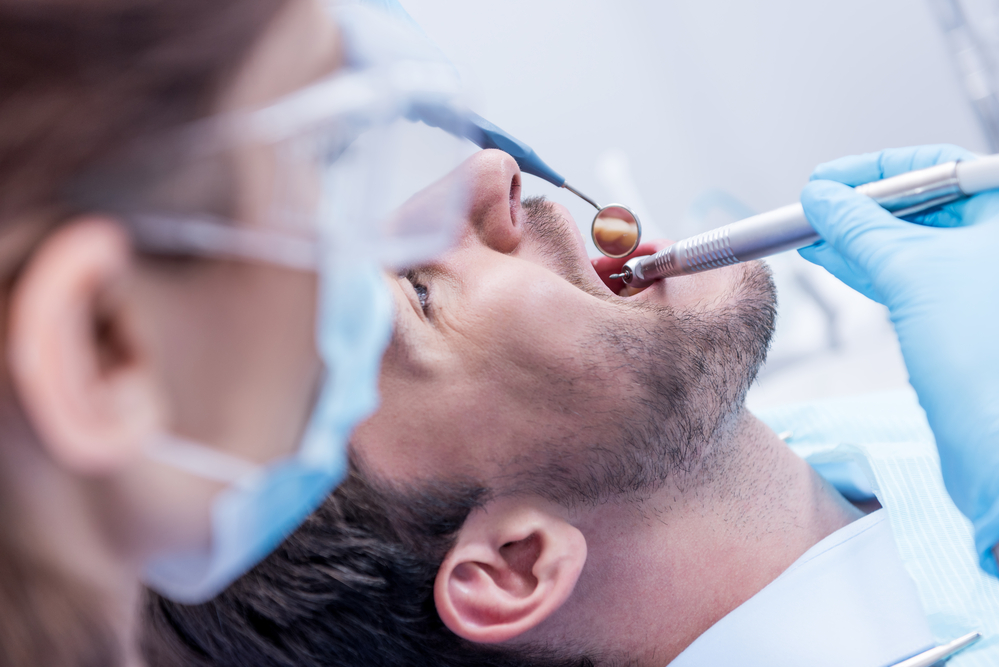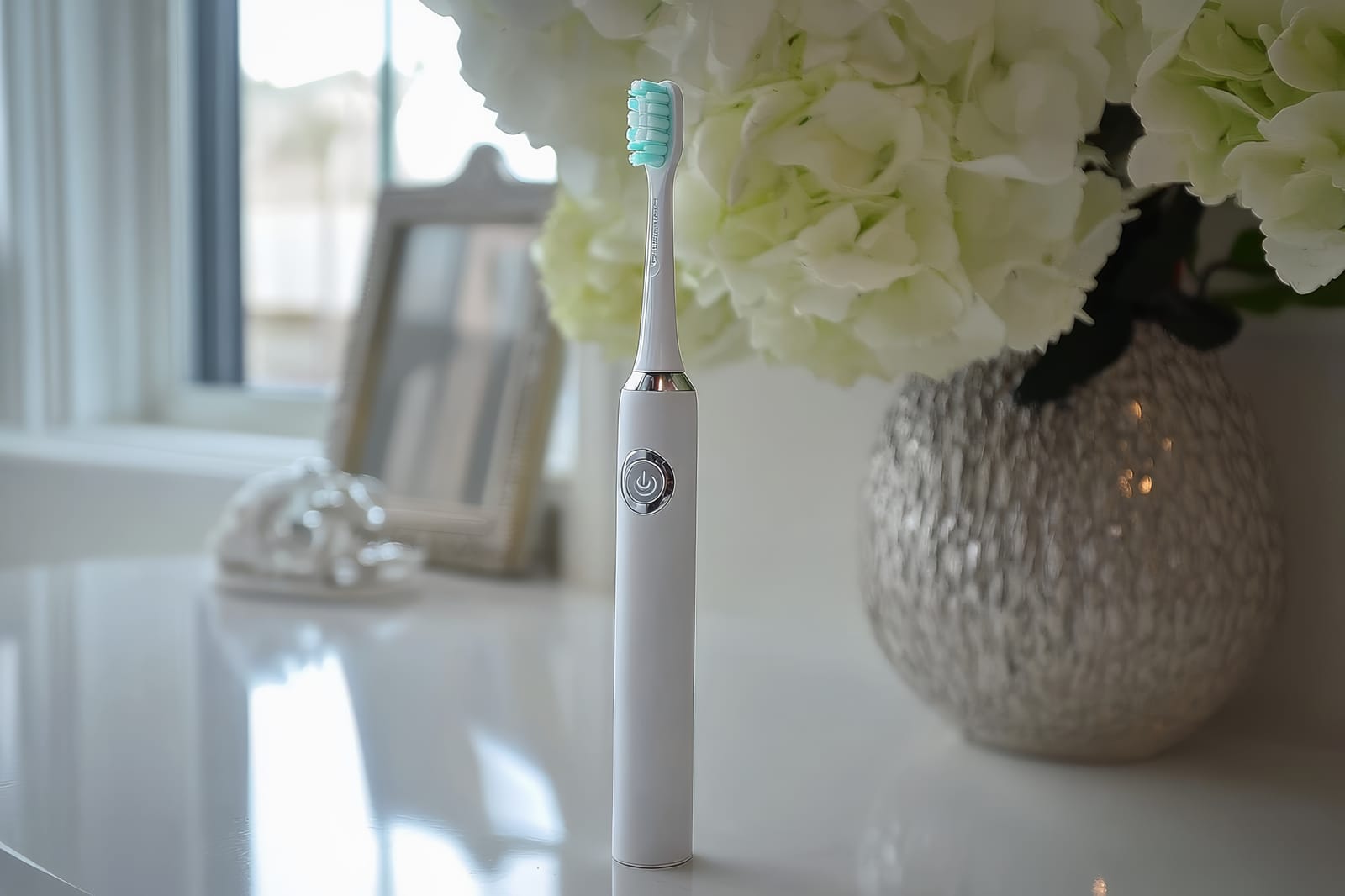The Painful Reality of Dry Socket: Symptoms, Causes, and Treatment
 Dry socket is a painful condition that can occur after you have had a tooth extracted. It is caused by the bone healing process, and can leave you feeling miserable. In this blog post, we will discuss the symptoms, causes, and treatment of dry socket. We will also provide information on how to prevent it from occurring. Keep reading for more information!
Dry socket is a painful condition that can occur after you have had a tooth extracted. It is caused by the bone healing process, and can leave you feeling miserable. In this blog post, we will discuss the symptoms, causes, and treatment of dry socket. We will also provide information on how to prevent it from occurring. Keep reading for more information!
What is a Dry Socket?
- Dry socket, or alveolar osteitis, is a common complication following tooth extraction. It occurs when the blood clot that forms at the extraction site dissolves, is dislodged before the healing process is complete, or doesn’t form at all. This allows the underlying bone and nerves to be exposed, which can lead to intense pain. Dry socket usually occurs within 3-5 days after tooth extraction. Symptoms include severe pain, throbbing, and increased sensitivity to heat and cold. The affected area may also appear empty or sunken in and there may be an unpleasant taste or odor coming from the socket. If you think you may have dry socket, it’s important to see your dentist as soon as possible so they can clean out the socket and provide relief from the pain.
Signs and Symptoms of Dry Socket
- Dry socket can be extremely painful, and it’s important to know the signs and symptoms so you can seek treatment. One of the main symptoms of dry socket is intense pain that radiates from the extraction site. The pain may worsen when you move your jaw or tongue, there is contact with air, when you brush your teeth, or when drinking hot/cold liquids. You may also notice a foul-smelling odor coming from your mouth, as well as bad breath. The extraction site may appear empty or sunken in, and you may see exposed bone. If you develop any of these symptoms, it’s important to see your dentist right away so they can treat the dry socket and ease your pain.
Dry Socket Risk Factors
- Dry socket is a serious complication that can delay healing and lead to infections. There are several risk factors for developing dry socket, including:
Having wisdom teeth removed: Wisdom teeth are the most likely to become impacted, or stuck in the jawbone. This can make them more difficult to remove, and increases the risk of dry socket.
Smokers: Smoking tobacco interferes with blood flow and slows down healing. This increases the risk of dry socket by up to four times.
Experiencing complications during extraction: If the extraction is difficult or traumatic, it can increase the risk of dry socket.
Using a birth control method that contains estrogen (such as the pill or patch).
If you think you may have dry socket, contact your dentist immediately. The condition can be painful, but it is treatable.
Complications of Untreated Dry Socket
- If dry socket is left untreated, it can delay healing and lead to infections. The exposed bone and nerves are susceptible to bacteria. This can prolong the healing process and delay the formation of a new blood clot. In some cases, surgery may be necessary to clean out the infection and promote healing. If dry socket isn’t treated, it can lead to long-term complications, such as infection, damage to the surrounding teeth, and even jawbone loss. That’s why it’s important to see your dentist as soon as possible if you think you might have dry socket. With prompt treatment, you can avoid these serious complications and heal quickly.
Treatment for Dry Socket
- Dry socket typically occurs within 3-5 days of a tooth extraction. Treatment usually involves cleaning out the affected area and packing it with medicated gauze. This helps to promote healing and relieve pain. The gauze will need to be changed every few days, and you may need to take over-the-counter pain medicine. In some cases, antibiotics may also be prescribed to help prevent infection. Dry socket usually heals within 7-10 days. So don’t hesist, if you think you have dry socket contact your dentist as soon as possible. Here at St. George Dental, we are happy to help.
Request an appointment here: https://www.stgeorgedentalcare.com or call St. George Dental Care at (435) 628-9099 for an appointment in our St George office.
Check out what others are saying about our services on Yelp: Read our Yelp reviews.
Recent Posts
Having a sensitive sense of smell can be both a blessing and a curse, as nothing disrupts personal comfort more than an unpleasant odor emanating from your mouth. A common concern for dental patients is the distinct and often embarrassing "rotten tooth smell." Understanding its causes, implications, and the appropriate remedies is crucial for maintaining…
Brushing your teeth is essential for maintaining a healthy, beautiful smile, and using an electric toothbrush takes oral hygiene to the next level. At St. George Dental Care, located in St. George, UT, we're passionate about helping our patients maintain optimal oral health through modern dental practices and expert advice. Electric toothbrushes are revolutionizing dental…
When it comes to maintaining your dental health, understanding the professionals who provide care can make all the difference in your experience. The terms "dentist surgeon" and "dentist" are often used, but many people don't fully grasp the distinctions between them. Are their education, scope of practice, and services they provide the same? Which should…
Does the thought of sitting in a dentist's chair make your palms sweaty? You're not alone. Dental anxiety is something millions of people experience, but we at St. George Dental Care believe visiting the dentist doesn't have to be nerve-wracking. That's why our focus goes beyond just cleanings and checkups—we strive to make you feel…


